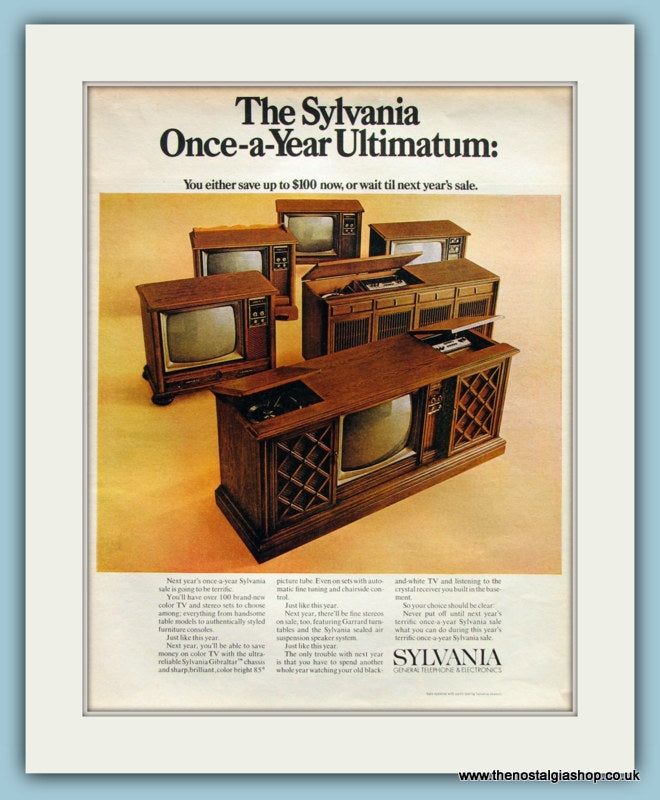When it comes to television, there is no shortage of options to choose from. With the rise of streaming services and the ever-expanding list of TV shows being produced, viewers are constantly faced with the decision of what to watch. One debate that often arises is whether classic TV shows from the past still hold up against modern shows. In this article, we will take a closer look at the pros and cons of both classic and modern television and determine which shows still hold up in today’s fast-paced, ever-changing entertainment landscape.
Classic TV Shows
Classic TV shows refer to those that were produced in the past, typically before the rise of streaming services and the internet. These shows often have a nostalgic appeal and are beloved by fans who grew up watching them. Some of the most iconic classic TV shows include “The Twilight Zone,” “I Love Lucy,” and “M*A*S*H.” These shows are often praised for their storytelling, character development, and timeless themes.
One of the main advantages of classic TV shows is their ability to stand the test of time. Many classic shows are still relevant today and continue to resonate with audiences of all ages. Additionally, classic TV shows often have a certain charm and authenticity that is hard to replicate in modern television.
However, classic TV shows do have their drawbacks. Some viewers may find the pacing and style of classic shows to be outdated compared to modern television. Additionally, the lack of diversity and representation in classic TV shows can be off-putting to today’s more socially conscious viewers.
Modern TV Shows
Modern TV shows, on the other hand, refer to those that are currently being produced in today’s television landscape. These shows often have higher production values, larger budgets, and more diverse casting. Some popular modern TV shows include “Game of Thrones,” “Stranger Things,” and “The Crown.” These shows are known for their visual effects, complex storylines, and diverse characters.
One of the main advantages of modern TV shows is their ability to push boundaries and explore new topics and themes. Modern shows often take risks and experiment with storytelling techniques that would have been unheard of in classic TV. Additionally, modern TV shows have the ability to reach a wider audience thanks to the rise of streaming services and social media.
However, modern TV shows also have their drawbacks. Some viewers may find the constant influx of new shows overwhelming and struggle to keep up with the ever-expanding list of options. Additionally, the emphasis on shock value and spectacle in modern TV shows can sometimes come at the expense of meaningful storytelling and character development.
Which Shows Still Hold Up?
So, which shows still hold up in today’s fast-paced, ever-changing entertainment landscape? The answer is: both classic and modern TV shows. While classic TV shows may have a certain nostalgia and charm that is hard to replicate, modern TV shows have the advantage of pushing boundaries and exploring new territory. Ultimately, the best TV shows are those that resonate with viewers on a personal level and leave a lasting impact.
At the end of the day, whether you prefer classic TV shows or modern TV shows, one thing is certain: television has the power to transport us to new worlds, introduce us to unforgettable characters, and spark important conversations. So sit back, relax, and enjoy the show.
